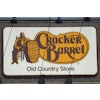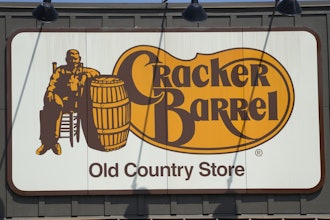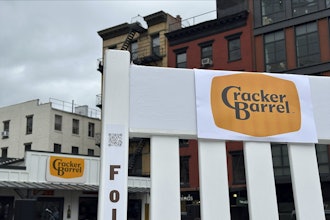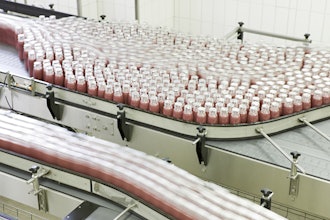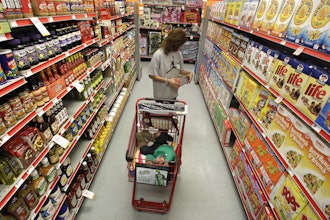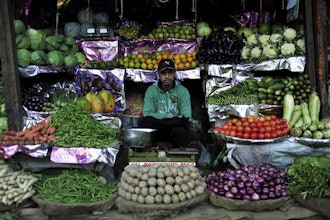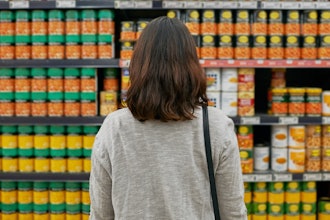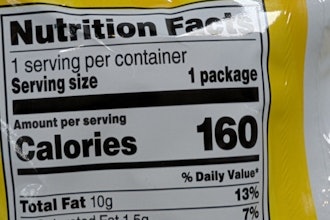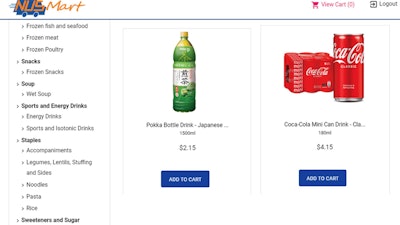
SINGAPORE – Singapore’s new mandatory labeling system — called Nutri-Grade (NG) — is likely to encourage consumers to purchase beverages with lower sugar content, suggests a trial by researchers at Duke-NUS Medical School.
The findings, published in the International Journal of Behavioural Nutrition and Physical Activity, show that NG labelling can empower people with chronic conditions such as diabetes to make healthier choices, with trial participants opting for drinks with 1.5g less of sugar per serving — equivalent to about 2.9g of sugar per 330ml can.
Instituted by the Singapore government in December 2022, the color-coded NG labeling system was introduced to help consumers identify healthier drinks. The new front-of-pack NG system currently grades pre-packed beverages on a four-point scale, from A (lowest in sugar and saturated fat) to D (highest in sugar and saturated fat).
The NG label complements the Healthier Choice Symbol currently displayed on selected food and drink items, which aims to help consumers make informed purchases and pave the road to reducing the currently increasing levels of non-communicable diseases such as cancer, diabetes, heart disease, etc. — an epidemic that Singapore shares with many other countries.
“Singapore now has the highest prevalence of diabetes among developed countries,” said Professor Eric Finkelstein from Duke-NUS’ Health Services and Systems Research program and senior author of the study. “Our work was designed to assess whether the NG system might help combat this problem.”
In the study, which was conducted before the official implementation of the NG labelling system, the research team recruited 138 participants to shop for groceries in their experimental online grocery store called NUSMart. This online store mimics real web-based grocery stores in Singapore and has already been used in other research publications.
To evaluate whether the NG labels affect what consumers purchased, the participants were exposed to two different shopping experiences—with or without the new NG labels on pre-packaged beverages in the presence of the Healthier Choice Symbol logos.
“The results revealed that the NG labels were effective in increasing purchases of beverages that were rated A or B — the healthier drinks,” said Dr. Soye Shin, research fellow from Duke-NUS’ HSSR program and first author of the study. “Compared to what was bought during the shopping experience without the NG labels, those bought with the NG labels had a reduced sugar content of 1.5 grams per serving.”
But the study showed that there were no significant differences in the total calories, saturated fat or other nutrients present in the purchased goods — likely because beverages account for a small part of the total shopping basket.
“This reveals the limits of a labelling system focussing on only pre-packaged beverages,” added Finkelstein, who is also a health economist with Duke-NUS. “The government has recognized this and will be expanding Nutri-Grade to freshly prepared beverages by the end of 2023.”
“The Duke-NUS study affirms that the Nutri-Grade mark is a good tool in guiding consumers to identify and choose beverages lower in sugar,” said Terence Ng, the director of policy and strategy development at the Health Promotion Board. “With the extension of these measures to freshly prepared beverages in end 2023, we aim to help Singaporeans reduce sugar consumption through beverages over time.”
For the Duke-NUS research team, the next step will be to evaluate the NG system’s effects using real-world consumer data. They hope that this will provide more detailed evidence that can be used to guide refinement and expansion of the system, which will possibly cover a much wider range of foods.

